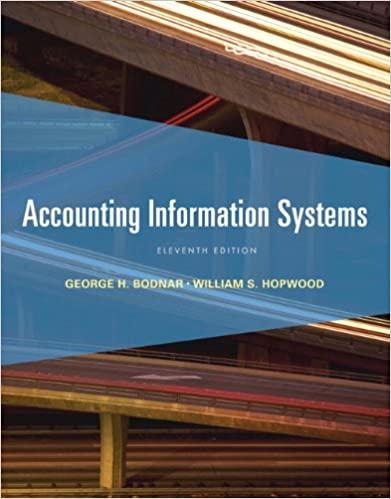1. Fraud detection involves (______). a. Finding frauds b. Finding fraud indicators c. Finding the perpetrator d....
Question:
a. Finding frauds
b. Finding fraud indicators
c. Finding the perpetrator
d. None of the above
2. The pattern of numbers associated with Benford Analysis involves (______).
a. First digit numbers that are randomly distributed
b. First digit numbers beginning with 1 being more likely to appear than those beginning with 8
c. First digit numbers beginning with 8 being more likely to appear than those beginning with 1
d. None of the above
3. A false positive signal by a fraud indicator is an example of a (______).
a. Type 1 error
b. Type 2 error
c. Either a Type 1 or Type 2 error
d. All of the above
4. The main objective of a fraud investigation is to (______).
a. Prove that a given person has committed fraud
b. Ensure that guilty persons are punished, regardless of their importance in the organization
c. Systematically gather evidence for the purpose of documenting the presence or absence of fraud
d. None of the above
5. Which of the following is true regarding fraud incident reports?
a. They do not take on legal significance
b. Once an incident report is made, an investigation is required
c. They are of internal interest but never of interest to law enforcement
d. None of the above
6. A bookkeeper embezzles $ 1,000 over a period of 2 years. He then quits his job, leaving the cash receipts and accounts receivable records in poor condition, with many incomplete records and missing source documents. In this case, filing a police report is likely to
a. Spur a thorough police investigation
b. Spur little or no investigation
c. Spur an investigation if the assistance of a private, independent fraud investigator is offered
d. None of the above
7. Which of the following questions should be asked first in a fraud investigation?
a. Who
b. What
c. When
d. How
8. Regarding the issue of a suspect’s guilt, which of the following is the best answer?
a. The fraud investigator should never state that a suspect is guilty.
b. The fraud investigator should only state that a suspect is guilty if the suspect provides a proper confession.
c. The fraud investigator can and should routinely provide an expert opinion regarding a suspect’s guilt.
d. The fraud investigator can and should provide an expert opinion regarding a suspect’s guilt if such an opinion is justified by the evidence.
9. Seizing evidence in a suspect’s home would typically require (______).
a. A normal subpoena
b. A silent subpoena
c. The approval of a law enforcement official
d. None of the above
10. Handwriting analysis (______).
a. Can typically provide a definitive match between a sample and an exemplar
b. Can typically provide a likely match between a sample and an exemplar
c. Cannot typically provide any kind of match between a sample and an exemplar
d. None of the above
Accounts Receivable
Accounts receivables are debts owed to your company, usually from sales on credit. Accounts receivable is business asset, the sum of the money owed to you by customers who haven’t paid.The standard procedure in business-to-business sales is that...
Fantastic news! We've Found the answer you've been seeking!
Step by Step Answer:
Related Book For 

Accounting Information Systems
ISBN: 9780132871938
11th Edition
Authors: George H. Bodnar, William S. Hopwood
Question Posted:





